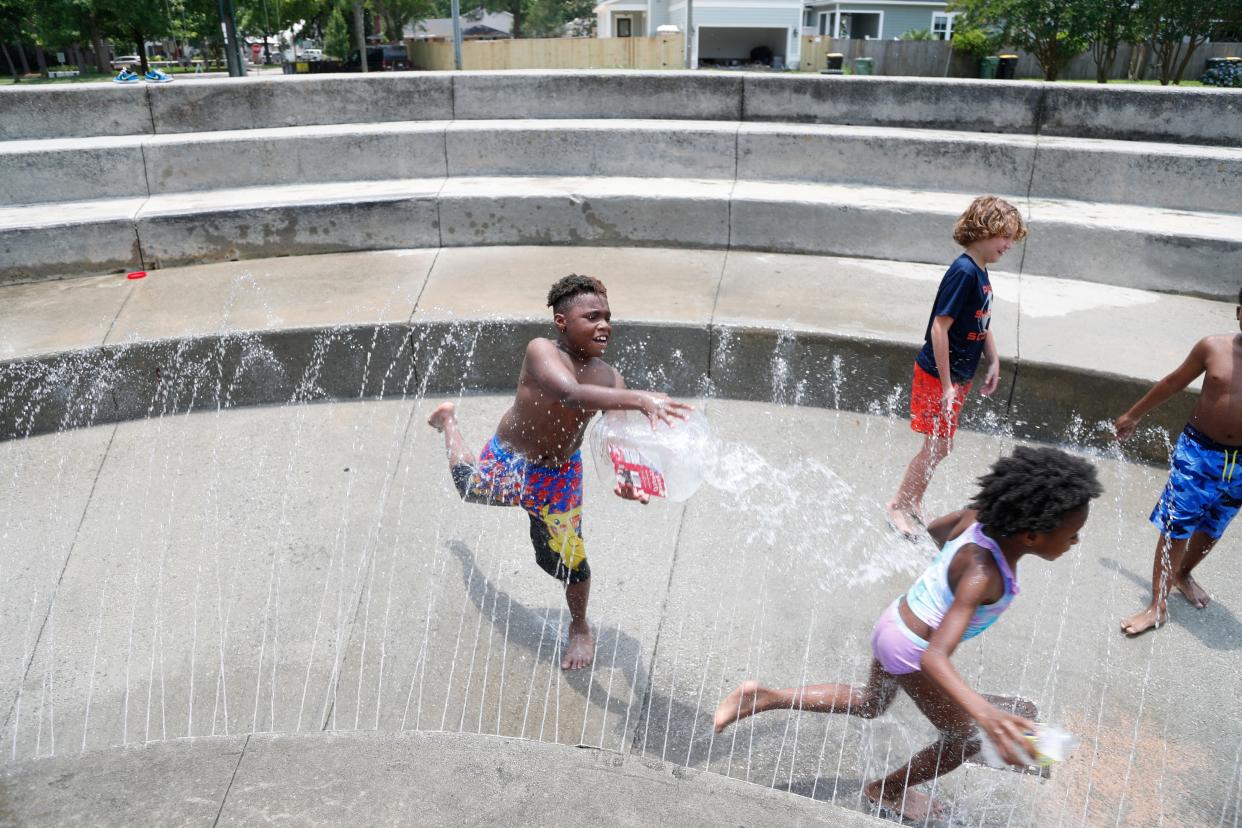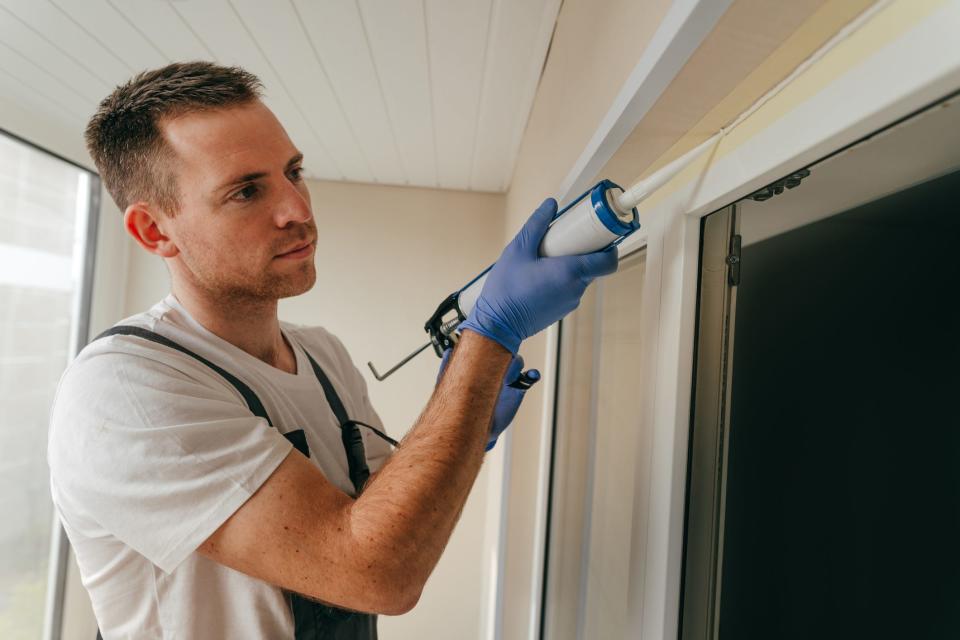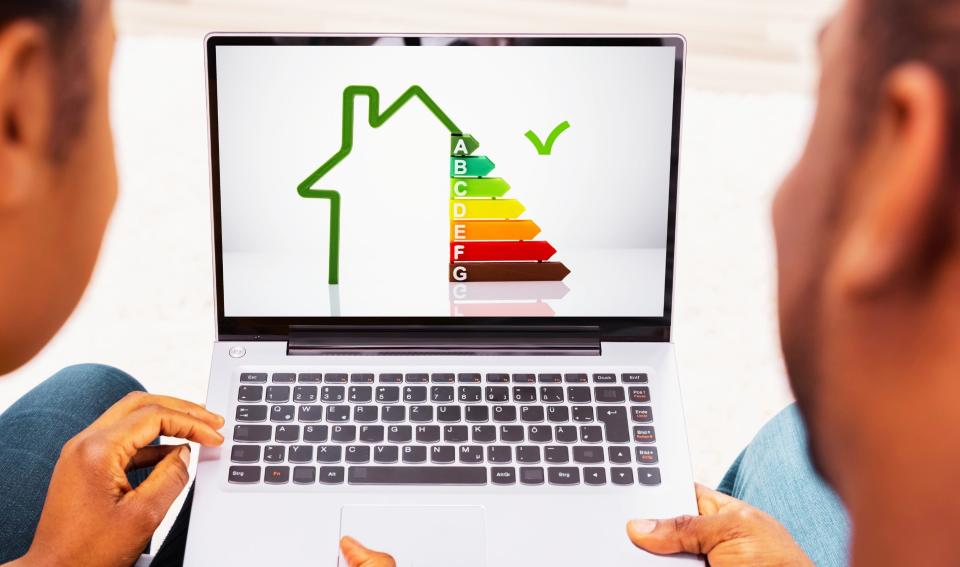Too hot to handle? Renters' tips for saving energy and money on your AC bill this summer

Savannah resident of 25 years Russ Lee has had people laugh at his solution to high summer AC bills. For years, while living in some of Savannah's classic, 100-year-old houses, he practiced the low-tech summertime solution of bubble wrapping his windows.
"Make a sheet of bubble wrap the size of the window, and you tape it down real tight along the sides of the windows so no air flow gets through the cracks," Lee said. "And what that does is it diffuses that heat because there is negative airspace."
While he's since upgraded to better windows, Lee recalls the days when he was younger and penny-pinched throughout summer utility bills, like many other Savannahians. He isn't the only coastal resident with a few odd DIY strategies to keep his place cool during the summer. And as climate change makes the summers hotter and Georgia Power rate increases make energy bills more expensive, renters are in for a financial crunch from the heat.
A lot of the recommended home upgrades that can improve energy efficiency and cut down on power bills ― such as heat pumps and upgraded insulation ― aren't accessible to renters. For the temporary resident, it isn't financially prudent to make expensive, permanent home upgrades to landlords' properties.
Savannah Morning News talked with energy experts about how renters can keep their home temperatures and energy bills low at the same time.
A history of heat: Climate change warning signs started in the 1800s. Here's what humanity knew and when.
Locally: Urban heat islands roast Savannah each summer. What can be done to stop it?

Low-budget upgrade tips from an energy expert
Mike Barcik is a technical principal for the Southface Institute, an Atlanta-based national nonprofit focused on sustainable building that strengthens equity and the environment by transforming residential and commercial structures throughout the construction process.
Here are some of Barcik's recommendations:
Run the fans you have: Humidity greatly affects how humans feel temperature, so running the bathroom fan can help cut down on the moisture from the shower creating extra work for your AC system, as can the hood vent or fan while cooking. For units without bathroom fans, Energy Star-rated bathroom fans only cost $100, but require some electrical know-how to install.
Change your AC air filter: Tenants might not realize they have filters, or assume their landlord or management company changes them. Filters need to be changed typically every month or so and generally are inexpensive, and doing so can keep your AC running efficiently.
Seal your ducts: It isn't the flashiest upgrade, but leaky ducts mean that fresh, air-conditioned air is escaping into the walls or attic, or unconditioned air is leaching into the ducts and thus your rooms. Barcik said you can use something called "mastic," which is kind of like drywall mud, and use a paintbrush to goop it on. Southface has resources about how to do this for HVAC units and Forced-air systems.
More on efficiency: 7 home improvements that’ll reduce bills and your carbon footprint
Don't sweat the duct cleaning: Barcik said duct cleaning really doesn't give much bang for its buck. Plus, there's probably a reason the duct is dirty in the first place, such as leakiness. (Do, however, make sure your clothes dryer vent is cleaned out ― lint is highly flammable!)
If it's a long-term rental, consider buying better ceiling fans: They do a lot to make you more comfortable while underneath them, and you can always take them with you when you leave.
"If you have anything that's not LED, you shouldn't even wait for it to burn out ― you should just go ahead and replace it," Barcik said. Non-LED lightbulbs burn hotter and use more energy, so the cost of a new lightbulb is quickly offset.
Shade your windows, especially direct-light receiving east and west-facing windows: Blinds or curtains inside are better than nothing, but Barcik said the above-and-beyond option is stopping light and heat outside the window. There is a material that is a thicker-weave version of a bug screen called a "solar shade screen" that can serve the dual function of a bug screen and sun-blocker.

Get connected with funding
City of Savannah's Clean Energy Program Manager Alicia Brown said the city is offering information and application assistance for three programs that can help with bills.
Georgia Power's free, income-qualified energy efficiency program the Energy Assistance for Savings and Efficiency (EASE) program.
An employee comes to the home and does an energy assessment, and Brown said on the same day they complete improvements like air sealing of gaps and cracks, weather stripping around doors, caulking around windows, sealing the ducts that distribute air through the home, attic insulation, LED light bulbs, smart thermostat water conservation.
Free for households up to 200% the federal poverty level, and full-time students' incomes are excluded from the income calculation, making it accessible to young renters.
Georgia Power's income-qualified senior citizen discount is currently worth about $30 per month. This is for residents 65 years or older and has an income cutoff of $29,160
U.S. Department of Housing and Urban Development's Green and Resilient Retrofit Program, which provides grant funding to HUD-assisted properties, such as Section 8 housing, for efficiency upgrades. Brown said the city is connecting with landlords and will be holding an application workshop in July.
Health and heat: How to handle the heat, know the signs of heat illnesses among tips during heat wave
Graphics: How to keep cool and recognize the warnings signs of heatstroke
Why heat matters
Savannahians are used to summer heat, but that doesn't make it any less of a growing public health problem. According to the National Oceanographic and Atmospheric Administration, heat continues to be the leading cause of weather-related fatalities annually. Less severely, it still causes heat-related illnesses and poor sleep health that pose a threat to communities as a whole and particularly vulnerable members such as children and the elderly.
This spring and summer stayed unusually cool, but late June has already brought multiple days with heat indexes well into the high 90s with weather forecasts predicting heat indexes up to 107 and 109 degrees in early July that will make the need for air conditioning even greater. The nonprofit Climate Central indicates the average temperature of a Savannah summer day has increased by almost 2 degrees Fahrenheit since 1970. A city-by-city study the organization reported in 2021 indicated overnight lows have warmed by 2.1 degrees, and the average number of days each year over 95 degrees has increased by 12 days.
Marisa Mecke is an environmental journalist covering climate and the coast. She can be reached at mmecke@gannett.com or at 912-328-4411.
This article originally appeared on Savannah Morning News: Renters home efficiency tips for AC bills this summer

